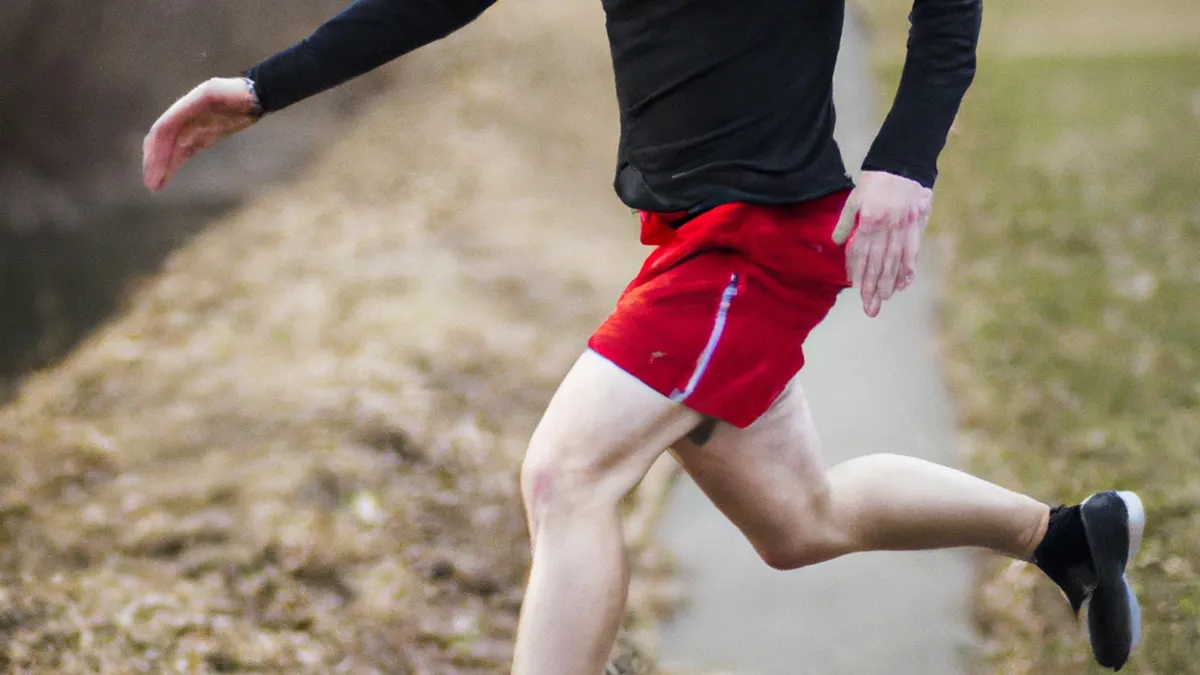Warm Up Like a Pro Athlete
Specific Warm-Up Protocols: Prepare Your Body for ActionWarm-ups are essential for physical activity. They bridge the gap between rest and exercise. A proper warm-up enhances performance and reduces injury risks. Specific warm-up protocols target the movements and muscles used in your activity. This ensures you feel ready to perform at your best. This blog post offers tips and benefits of specific warm-up protocols to optimize your workout routine.
What is a Specific Warm-Up?
A specific warm-up targets muscles and joints relevant to your workout. For running, focus on your legs and hips. For weightlifting, prepare your upper body. This approach increases blood flow, enhances muscle performance, and improves flexibility. It also prevents injuries by gradually introducing physical demands.
Dynamic Stretching vs. Static Stretching
Differentiate between dynamic and static stretching. Dynamic stretching involves moving your body through a full range of motion. This method mimics your workout movements and prepares your muscles for action. It also raises your heart rate.Static stretching requires holding a stretch for a short time. While it improves flexibility and aids recovery, it suits post-workout sessions better. Engaging in static stretches before high-intensity activities may reduce muscle strength and performance.
The Role of Movement Patterns
Including specific movement patterns in your warm-up is crucial. If you prepare for a squat, practice the squat movement without weight. This action activates your muscles and enhances neuromuscular connections. The more specific your warm-up, the better your body responds. This specificity prepares your muscles and establishes a mental connection to the movements.
Tips for Effective Specific Warm-Up Protocols
As an Amazon Associate I earn from qualifying purchases.
Gear tip: consider running shoes, running headlamp, and stretching strap to support this topic.
Designing an effective specific warm-up requires a thoughtful approach. Here are practical tips for your warm-up routine:1. **Target Key Muscle Groups**: Focus on muscles you will use. For running, emphasize your calves, quadriceps, hamstrings, and hip flexors. For weightlifting, engage your shoulders, back, and core. A targeted warm-up effectively prepares your body.2. **Include Mobilization Exercises**: Incorporate movements that improve joint mobility. Perform leg swings, arm circles, and torso twists to loosen major joints. This mobilization enhances your range of motion.
Conclusion
In summary, specific warm-ups enhance performance and reduce injury risks. Tailor your warm-up to your activity for optimal results.
Below are related products based on this post:
FAQ
What is a specific warm-up?
A specific warm-up targets the muscles and joints relevant to your workout. For example, running warm-ups focus on the legs and hips, while weightlifting warm-ups prepare the upper body. This approach increases blood flow, enhances muscle performance, and improves flexibility, ultimately preventing injuries.
What is the difference between dynamic and static stretching?
Dynamic stretching involves moving through a full range of motion, mimicking workout movements to prepare muscles and raise heart rates. In contrast, static stretching requires holding a stretch for a short time and is better suited for post-workout recovery, as it may reduce muscle strength if done before high-intensity activities.
Why are movement patterns important in a warm-up?
Including specific movement patterns in your warm-up activates muscles and enhances neuromuscular connections. For instance, practicing the squat movement without weight before actual squats prepares your body and establishes a mental connection to the movements, improving overall performance.















Post Comment